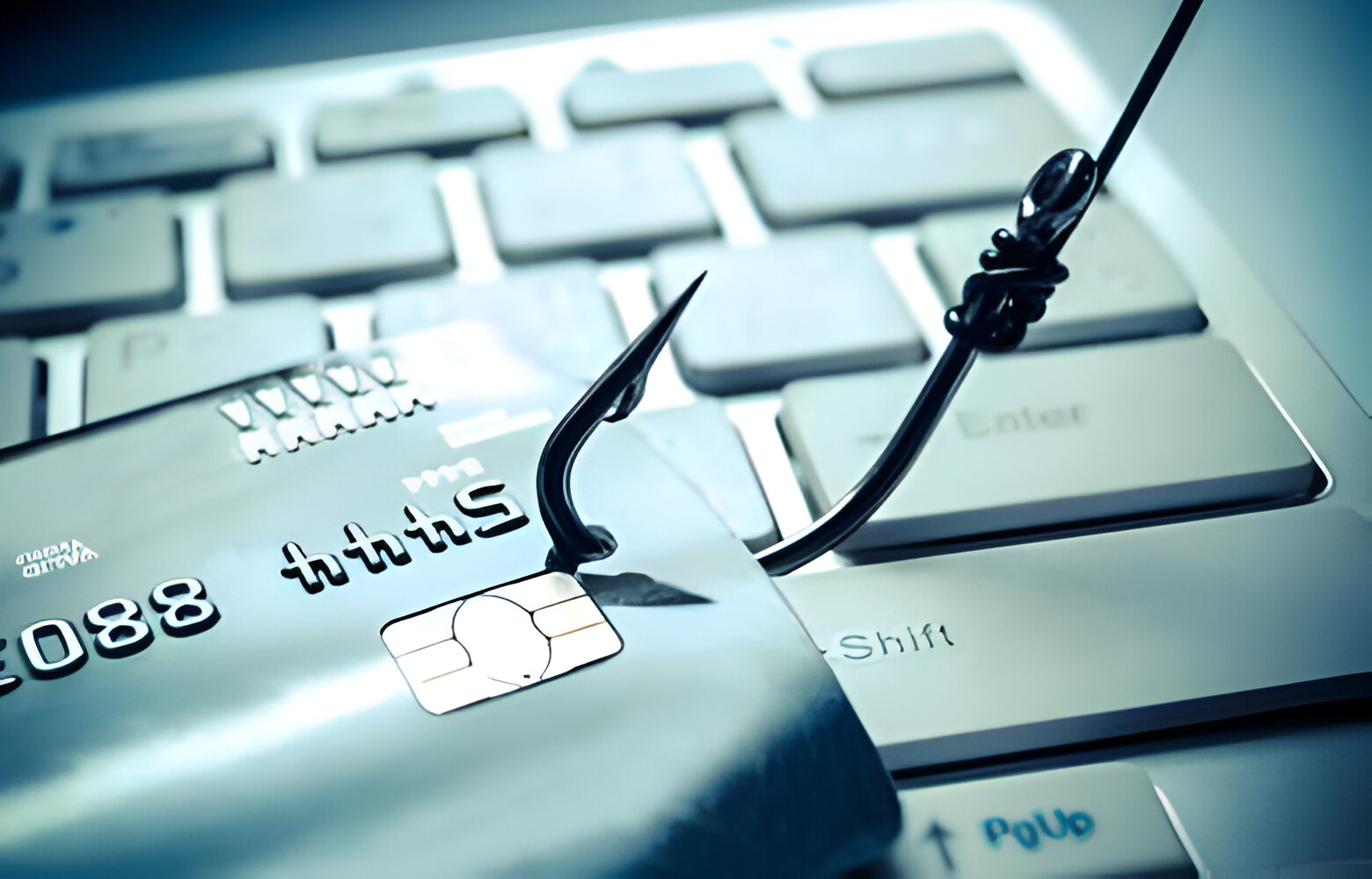Ethical Considerations in Digital Forensics
The increasing use of technology is leading to new challenges in terms of security and privacy. The ethical use of digital forensics is an essential consideration as it involves gathering, preserving, and analyzing electronic data while supporting legal investigative processes. Though digital forensics is a valuable tool when it comes to organizations’ law enforcement, it leads to critical ethical questions on how investigation needs should be balanced with the individual’s privacy concerns. This guide will focus on the importance of ethical considerations in digital forensics and how forensic experts adhere to them.
Importance Of Ethical Considerations in Digital Forensics
In digital forensic investigations, investigators extract evidence from various digital media and devices. However, the extraction process can inadvertently provide professionals with a means to intrude on the privacy of businesses or individuals. When uncovering fraud, a digital forensic consultant collects and scrutinizes digital evidence related to the perpetrated fraud, subsequently presenting it in court to substantiate the conviction. Currently, there are no established technical or legal frameworks in place to monitor the investigation procedures and prevent privacy infringement.
Digital Forensics Examinations – An Overview
A digital forensic examination occurs after the computing devices are confiscated. Automated forensic software helps recover the information that is no longer there in the system because the owner removes it for obvious reasons. These methods allow experts to link information through several sources, leading to new investigation participants whose privacy may be infringed. Moreover, lack of details when determining items that were deliberately deleted often results in mis-accusations. The investigation procedure requires legal support to safeguard the victims’ and suspects’ data privacy during eventual legal hearings and inquiries. Lawyers must be aware of the regulatory rules that ensure data protection, while the offenders and suspects should also pay close attention to their privacy rights.
Examining ethical challenges and dilemmas faced by digital forensic practitioners in Including, Privacy concerns, Data integrity, and Professional standards.
Privacy Concerns: Privacy concerns in digital forensics refer to the protection of individuals’ rights to control their personal information and the confidentiality of their digital communications and activities.
Challenges: Digital forensic practitioners encounter several challenges related to privacy concerns, including:
- Balancing the need for collecting and analyzing digital evidence with respecting individuals’ privacy rights.
- Ensuring that the methods used to extract digital evidence do not intrude excessively on individuals’ privacy.
- Handling sensitive personal data found during investigations in manner that respects individuals’ privacy rights.
- Safeguarding against unauthorized access or disclosure of personal information during the forensic process.
Ethical Considerations: In addressing privacy concerns, digital forensic practitioners must:
- Evaluate the necessity and proportionality of collecting and accessing personal data, ensuring it aligns with the objectives of the investigation.
- Obtain proper authorization and informed consent when accessing digital devices or data repositories, particularly in cases involving private individuals or sensitive information.
- Minimize the intrusion into individuals’ privacy by limiting data collection to what is strictly relevant to the investigation and by employing techniques such as data masking or anonymization where possible.
- Implement robust security measures to protect the confidentiality and integrity of personal data throughout the forensic process, including secure storage, encryption, and access controls.
- Adhere to relevant legal and regulatory requirements governing data privacy and protection, such as GDPR in Europe or HIPAA in the United States, to ensure compliance and mitigate the risk of privacy violations.
Data Integrity: Data integrity in digital forensics refers to the trustworthiness and reliability of digital evidence collected and analyzed during investigations. It involves ensuring that the data has not been altered, tampered with, or corrupted during the forensic process.
Challenges: Digital forensic practitioners encounter several challenges related to data integrity, including:
- Ensuring the authenticity and reliability of digital evidence by accurately preserving and documenting its chain of custody from collection to presentation in court.
- Protecting against accidental or intentional alteration, deletion, or corruption of digital evidence during data collection, storage, or analysis.
- Addressing technical complexities and limitations associated with various types of digital storage media and file formats, which may impact the integrity and accessibility of stored data.
- Detecting and mitigating attempts to manipulate or falsify digital evidence, such as through the use of anti-forensic techniques or malware designed to conceal or alter incriminating data.
Ethical Considerations: In addressing challenges related to data integrity, digital forensic practitioners must:
- Follow standardized procedures and best practices for collecting, preserving, and analyzing digital evidence to minimize the risk of data tampering or corruption.
- Document all actions taken during the forensic process, including data acquisition methods, analysis techniques, and any deviations from standard procedures, to maintain transparency and accountability.
- Utilize validated tools and techniques for data acquisition and analysis, ensuring that they are reliable, accurate, and scientifically sound.
- Implement appropriate safeguards to protect against unauthorized access or modification of digital evidence, such as encryption, access controls, and secure storage protocols.
- Maintain proficiency in forensic methodologies and technologies to effectively identify and counteract attempts to undermine data integrity, such as by staying abreast of emerging threats and vulnerabilities in digital systems.
Professional Standards: Professional standards in digital forensics encompass the ethical principles, best practices, and guidelines that govern the conduct of forensic practitioners and the quality of their work.
Challenges: Digital forensic practitioners encounter several challenges related to professional standards, including:
- Keeping pace with rapidly evolving technologies, methodologies, and legal requirements, which may require continuous education and training to maintain proficiency and relevance in the field.
- Balancing competing interests and responsibilities, such as fulfilling obligations to clients or employers while upholding ethical principles and legal requirements.
- Navigating complex ethical dilemmas and conflicts of interest that may arise during investigations, such as situations where personal or professional relationships could influence judgment or decision-making.
- Addressing resource constraints and organizational pressures that may impact the ability to adhere to professional standards, such as limited budgets, time constraints, or conflicting priorities within investigative agencies or corporate environments.
Ethical Considerations: In addressing challenges related to professional standards, digital forensic practitioners must:
- Uphold ethical principles of honesty, integrity, objectivity, and competence in all aspects of their work, including interactions with clients, colleagues, and other stakeholders.
- Adhere to established codes of conduct and ethical guidelines governing the practice of digital forensics, such as those outlined by professional associations like the International Association of Computer Investigative Specialists (IACIS) or the American Academy of Forensic Sciences (AAFS).
- Maintain confidentiality and respect the privacy rights of individuals involved in investigations, while also fulfilling legal obligations to report findings accurately and truthfully.
- Seek guidance and support from peers, mentors, or professional organizations when facing ethical dilemmas or uncertainties about how to uphold professional standards in challenging situations.
- Advocate for the adoption of ethical best practices and accountability mechanisms within their organizations or agencies to promote a culture of integrity and excellence in digital forensic investigations.
In conclusion, Ethical considerations are in the practice of digital forensics, given its potential impact on individuals’ privacy, data integrity, and professional standards. Addressing privacy concerns involves striking a balance between investigative needs and respecting individuals’ rights, while ensuring data integrity requires robust procedures to preserve and protect evidence from tampering. Upholding professional standards entails maintaining ethical conduct, staying informed about evolving technologies and legal requirements, and navigating complex ethical dilemmas with integrity and competence. By adhering to ethical guidelines and advocating for best practices, digital forensic practitioners can uphold the principles of justice, accountability, and respect for individuals’ rights in the digital age.
-
Previous Post
Forensic Analysis of Social Media and Online Activities
-
Next Post
Incident Response and Digital Forensics











